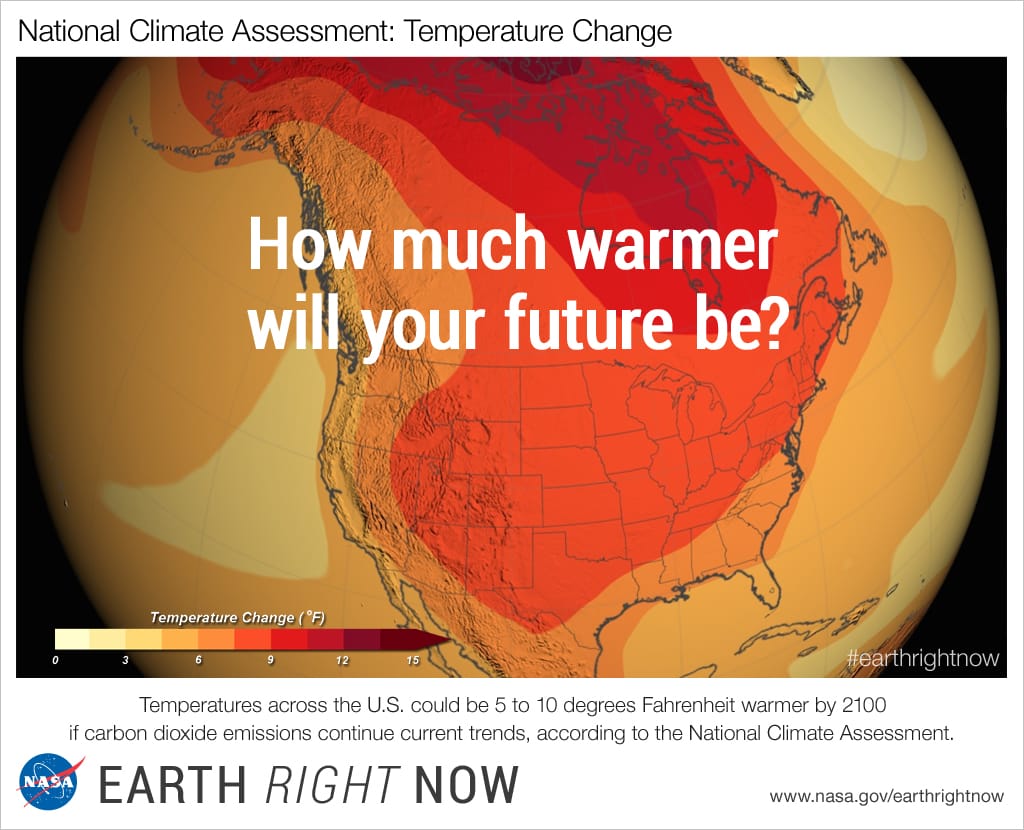Critical Climate Data Vanishes: Federal Websites Hosting Major US Climate Reports Suddenly Go Dark
Federal websites containing decades of crucial climate research and official government reports have mysteriously disappeared from public access, sparking concerns about scientific transparency and information availability during a politically charged period for environmental policy.
Multiple government domains that previously hosted comprehensive climate assessments, including the National Climate Assessment and various agency-specific environmental reports, have been taken offline without public explanation. The sudden inaccessibility of these resources has alarmed scientists, policymakers, and citizens who rely on this data for research, policy decisions, and public awareness.
The Scope of Missing Climate Information
The affected websites contained some of the most authoritative climate science documentation in the United States. These included:
- The Fourth National Climate Assessment, a comprehensive 1,600-page report detailing climate impacts across American regions
- EPA climate change indicators tracking temperature, precipitation, and extreme weather patterns over decades
- NOAA climate monitoring reports containing critical oceanographic and atmospheric data
- Department of Energy climate research documenting renewable energy potential and grid resilience studies
These resources represented millions of dollars in taxpayer-funded research and served as primary sources for journalists, academics, and policy analysts worldwide.
Scientific Community Responds
Dr. Sarah Chen, a climate scientist at Stanford University, expressed frustration about the sudden unavailability: "These reports took years to compile and represent the best available science. Their removal from public access undermines both scientific transparency and informed public discourse."
The American Meteorological Society issued a statement calling the website shutdowns "deeply concerning" and urged immediate restoration of access to these critical resources. Professional organizations across multiple disciplines have begun archiving available copies and sharing alternative access points through academic networks.
Political Implications and Timing
The timing of these website shutdowns coincides with ongoing political debates about climate policy and federal environmental regulations. While no official explanation has been provided, the pattern follows similar incidents during previous administrative transitions where environmental data faced accessibility challenges.
Congressional representatives from both parties have begun requesting explanations from relevant federal agencies. Representative Maria Rodriguez (D-CA) stated, "American taxpayers funded this research, and they deserve continued access to it. Climate science shouldn't be subject to political whims."
Impact on Research and Policy
The sudden unavailability creates immediate challenges for:
Academic Research: Graduate students and researchers worldwide who reference these reports in ongoing studies now face broken links and inaccessible citations.
Policy Development: State and local governments developing climate adaptation plans frequently reference federal assessments for baseline data and projections.
Business Planning: Companies assessing climate risks for infrastructure investments and supply chain management rely on these authoritative sources.
Public Education: Teachers, journalists, and advocacy groups use these resources to explain climate science to broader audiences.
Preservation Efforts and Workarounds
Environmental organizations and digital archivists have mobilized quickly to preserve available copies of the missing reports. The Internet Archive's Wayback Machine contains some versions, though not all historical data remains accessible.
Several universities have established mirror sites hosting cached versions of the most critical reports. MIT's climate portal and the University of California system have announced plans to maintain permanent archives of federal climate assessments.
Climate Central, a nonprofit research organization, has begun compiling alternative access points and encouraging researchers to download and preserve copies of any government climate data they currently use.
Moving Forward: Lessons for Data Preservation
This incident highlights the vulnerability of government-hosted scientific information to political and administrative changes. Experts recommend several measures to protect critical climate data:
- Distributed hosting across multiple institutions and organizations
- Regular archiving by academic and scientific institutions
- Legislative protection for scientific data accessibility
- International cooperation on climate data preservation
Conclusion
The disappearance of major climate report websites represents more than a technical inconvenience—it strikes at the heart of scientific transparency and public access to taxpayer-funded research. While preservation efforts by universities and organizations provide temporary solutions, the incident underscores the need for robust protections ensuring permanent public access to critical climate science.
As climate impacts intensify and adaptation planning becomes increasingly urgent, reliable access to authoritative climate data remains essential for informed decision-making at all levels of society. The restoration of these resources should be an immediate priority, regardless of political considerations surrounding environmental policy.
